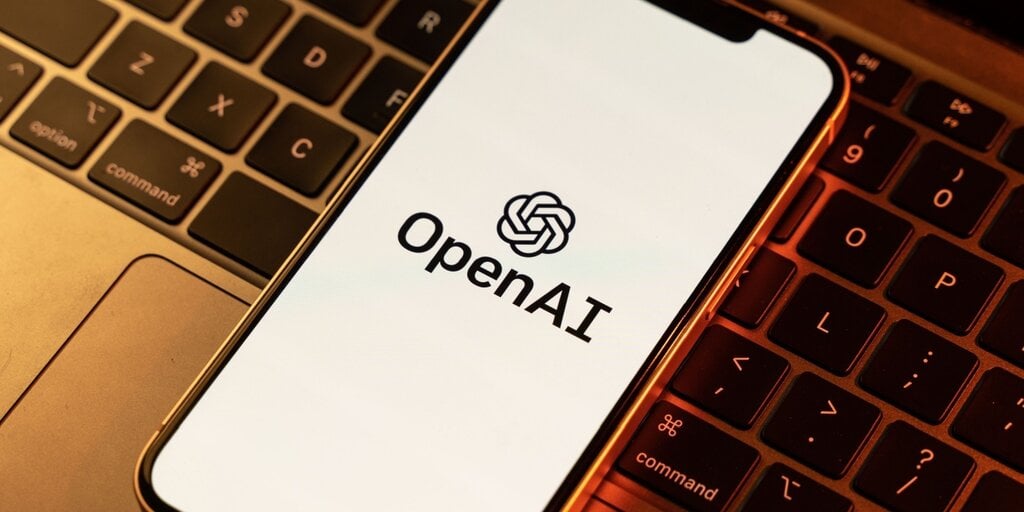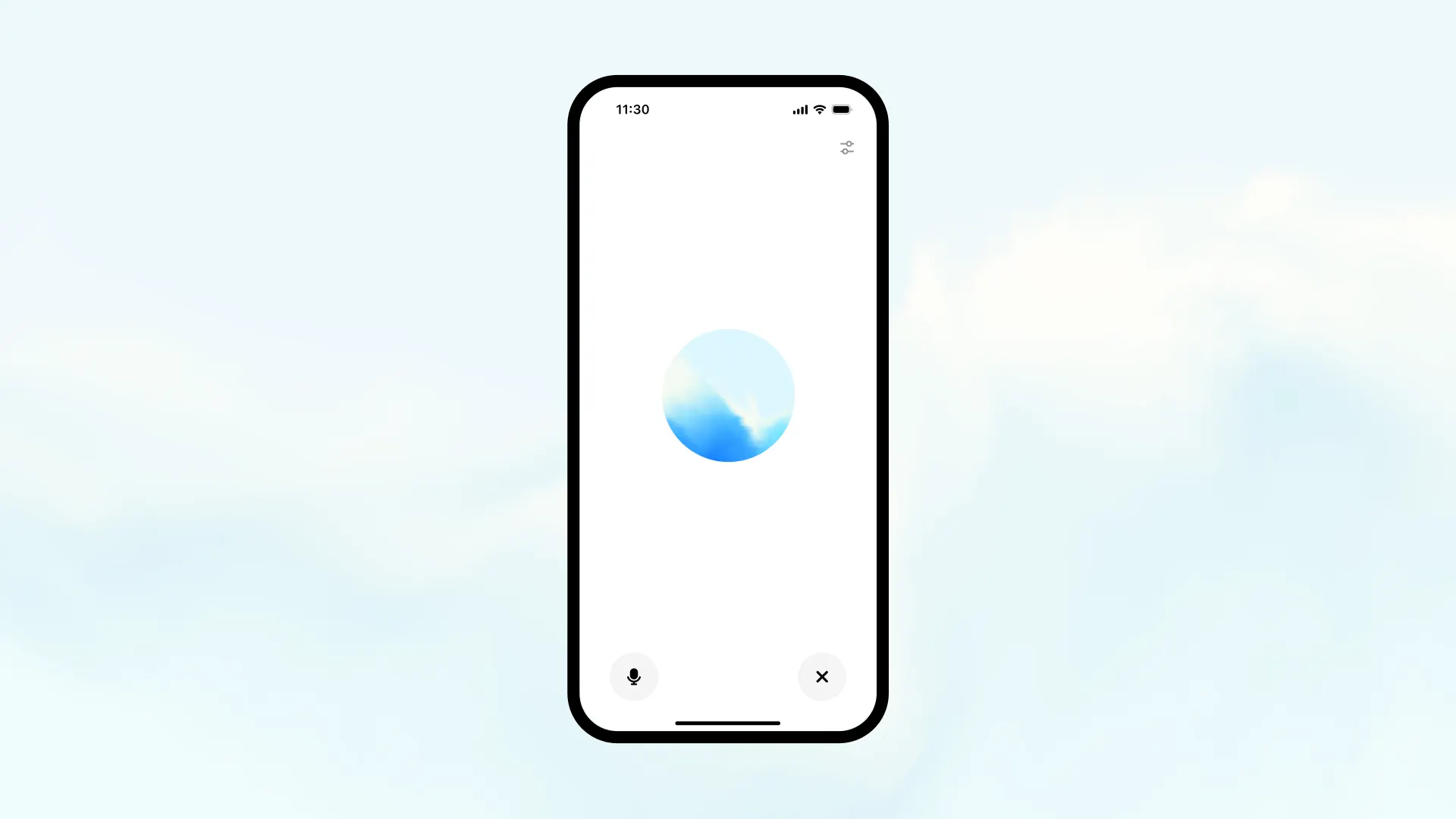OpenAI Launches Advanced Voice Mode, Minus the Scarlett Johansson Drama - Decrypt
09/25/2024 00:41
OpenAI’s new voice feature brings faster, more natural conversations to ChatGPT Plus and Teams, but the controversial “Sky” voice remains on hold.
OpenAI has begun rolling out its much-anticipated Advanced Voice Mode for ChatGPT Plus and Teams users, marking another step towards a more human-like AI interaction.
The feature allows for real-time, fluid conversations powered by GPT-4o, OpenAI’s latest model, which combines text, vision, and audio to deliver faster responses.
“Advanced Voice is rolling out to all Plus and Team users in the ChatGPT app over the course of the week,” OpenAI said in an official tweet, “It can also say “Sorry I’m late” in over 50 languages,” it added—addressing the long delay this project went through.
Advanced Voice is rolling out to all Plus and Team users in the ChatGPT app over the course of the week.
While you’ve been patiently waiting, we’ve added Custom Instructions, Memory, five new voices, and improved accents.
It can also say “Sorry I’m late” in over 50 languages. pic.twitter.com/APOqqhXtDg
— OpenAI (@OpenAI) September 24, 2024
Needless to say, one notable element is still missing: the flirty and definitely too human-like "Sky" voice, which caused a stir for its uncanny resemblance to actress Scarlett Johansson. After her legal team sent letters to OpenAI’s CEO Sam Altman, OpenAI put the Sky voice on hold, maintaining that any resemblance between Johansson’s distinctive voice and Sky was purely coincidental.
Instead, OpenAI introduced five new voices: Arbor, Maple, Sol, Spruce, and Vale, which are available in both Standard and Advanced Voice Mode. These join the previously available Breeze, Juniper, Cove, and Ember. (For some reason, the company seems to be naming them after soap fragrances.) Users in the Plus and Team tiers will gradually gain access to these new voices, designed to make conversations more natural, with emotional responsiveness and the ability to interrupt and switch topics on the fly.
Additionally, OpenAI is adding compatibility with custom instructions and “memories” to allow users to personalize their ChatGPT experience further, tailoring interactions to their preferences. Just as the text-based chatbot learns from your instructions (i.e., your name, occupation, and probably the type of answers you like to read), the new voices will try to learn from your conversations, making them more natural, familiar, and used to your preferences.
Users in the EU, UK, Switzerland, Iceland, Norway, and Liechtenstein will have to wait, as the feature has not yet rolled out in those regions. Enterprise and Edu users can expect access starting next week, according to OpenAI’s timeline. The rollout is slow, and not all users, even from supported regions, have the feature available.
OpenAI also refined accents in popular foreign languages and enhanced conversational speed and smoothness. The design has also been updated, with an animated blue sphere that visually represents the voice interaction as it happens and is more aesthetically pleasing than the minimalist black dot they used to show.

While OpenAI continues to refine its voice AI offerings, competition in the space has been heating up.
Google’s NotebookLM currently sets the bar with some of the most human-like AI voices available, able to simulate entire debates between AI-generated speakers with remarkable realism.
Google’s AI tool can process up to one million data tokens and let users interact with it, Decrypt previously reported. Once users upload a specific group of documents with different types of information, Notebook LM can generate up to 10 minutes of audio with two AIs talking about that specific information. The result is almost extremely realistic.
Besides Google, Meta has also entered the fray with its own live assistant, Meta AI, though it is not yet widely available. The assistant is also capable of having natural conversations with users, processing commands fluently. The voice is more natural than the typically robotic voice we see in most AI assistants, but it still has some giveaways—like the speech cadence and speed—that make it identifiable as AI-generated. That said, Reuters has reported that Meta’s upcoming chatbot will have the personas of Judy Dench and Michael Cerna. It’s not Scarlet Johansson, but nor is it chopped liver.
Edited by Josh Quittner and Sebastian Sinclair
Generally Intelligent Newsletter
A weekly AI journey narrated by Gen, a generative AI model.